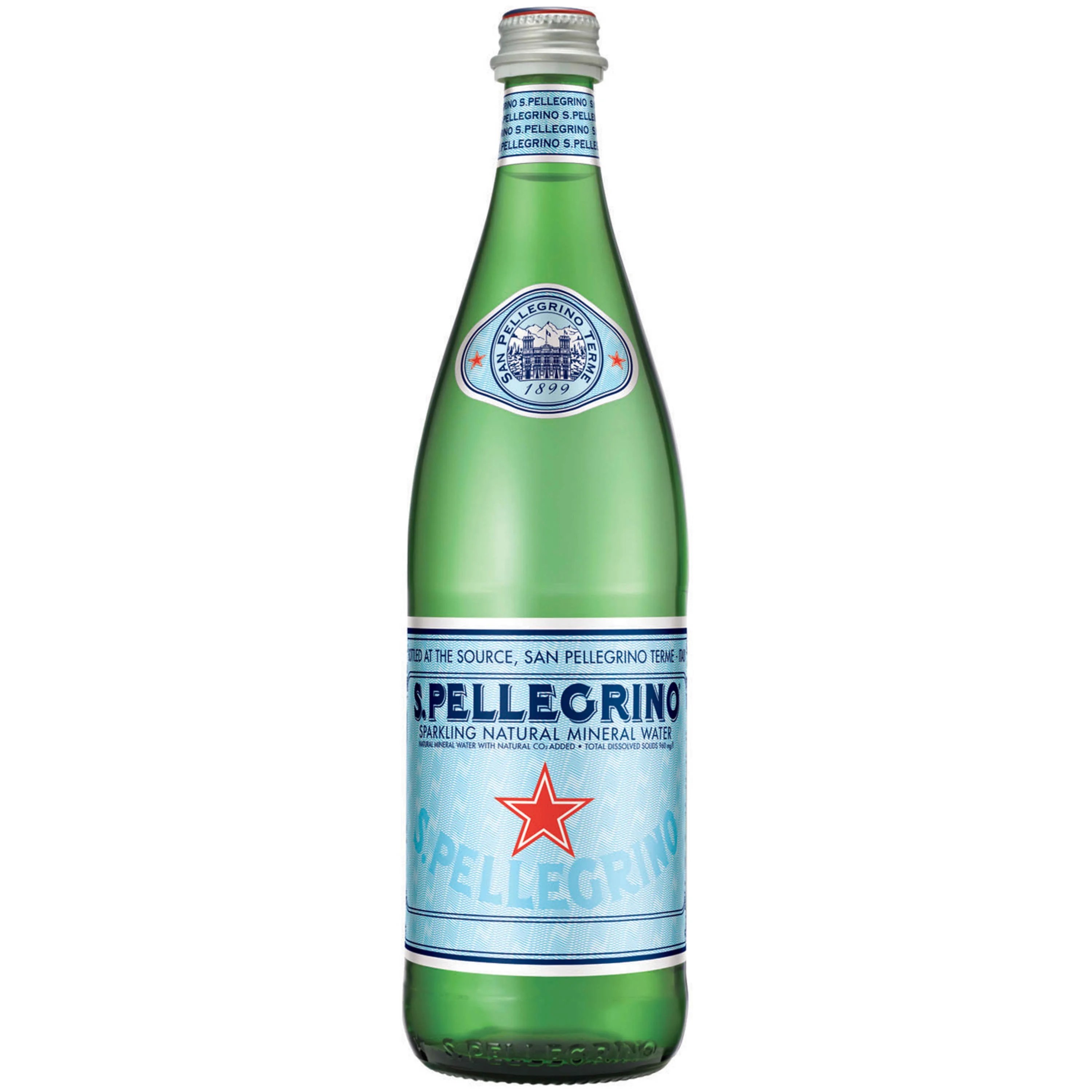In a world of ever-increasing complexity, there's a certain satisfaction in returning to simple pleasures. The gentle fizz of bubbly water, enjoyed from a cool glass bottle, offers just such a moment of quiet enjoyment. But beyond the simple pleasure, lies a richer story – one of history, sustainability, and a refreshing alternative to sugary drinks.
Sparkling water, sometimes called seltzer or club soda, has captured the taste buds of many. Its effervescence adds a unique dimension to hydration, making it a popular choice for those seeking a healthier alternative to sodas and other sweetened beverages. The choice to enjoy this bubbly water from a glass bottle further elevates the experience, bringing with it a sense of nostalgia and environmental consciousness.
The appeal of glass-bottled sparkling water goes beyond mere aesthetics. Glass is an inert material, meaning it doesn't leach chemicals into the water, preserving its pure taste. Furthermore, glass bottles are endlessly recyclable, reducing their environmental impact compared to plastic alternatives. This eco-conscious choice aligns with a growing awareness of the importance of sustainable consumption.
Choosing sparkling water in glass bottles is a small act with significant impact. It’s a conscious decision to prioritize both personal well-being and the health of the planet. It's a simple swap that can make a real difference.
Exploring the world of bottled sparkling water reveals a surprisingly rich history. The first artificially carbonated water was created in the late 1700s, sparking a fascination with this bubbly beverage. Early glass bottles, often featuring intricate designs, added to the allure. Today, while the production process has become more sophisticated, the fundamental appeal of bubbly water in a glass bottle remains unchanged.
The rise in popularity of sparkling water in glass bottles also reflects a growing concern about the environmental impact of plastic. Glass, being endlessly recyclable, offers a sustainable alternative. It’s a choice that aligns with a desire to reduce waste and minimize our footprint.
One of the key benefits of opting for sparkling water in glass bottles is the preservation of taste. Unlike plastic, glass doesn't impart any flavors to the water, ensuring a pure and refreshing experience.
Another benefit is the aesthetic appeal. Glass bottles add a touch of elegance to any occasion, whether it's a casual gathering or a formal dinner party.
Finally, choosing glass promotes a more mindful approach to consumption. The act of refilling and reusing a glass bottle encourages a connection to the product and a sense of responsibility for its lifecycle.
Creating a simple routine around enjoying bubbly water from a glass bottle can enhance the experience. Start by finding a brand you enjoy. Consider exploring local or artisanal producers who prioritize sustainable practices. Keep a few chilled bottles in the refrigerator, ready for a refreshing drink anytime.
Advantages and Disadvantages of Carbonated Water in Glass Bottles
| Advantages | Disadvantages |
|---|---|
| Eco-friendly and recyclable | Heavier and more fragile than plastic |
| Preserves the taste of the water | Can be more expensive |
| Aesthetically pleasing | Requires more careful handling and storage |
Frequently Asked Questions:
Is sparkling water in glass bottles healthier than plastic bottled? Generally, yes, due to the absence of potential chemical leaching from plastic.
Where can I buy sparkling water in glass bottles? Many grocery stores, specialty shops, and online retailers carry them.
Can I reuse the glass bottles? Absolutely! They are perfect for storing other beverages or as decorative items.
Is all sparkling water the same? No, there are different levels of carbonation and some contain added minerals.
Is bubbly water in glass bottles good for hydration? Yes, it contributes to daily fluid intake.
Are there any downsides to glass bottles? They can be heavier and more fragile than plastic.
How should I store sparkling water in glass bottles? In a cool, dark place to preserve the fizz.
Is sparkling water in glass bottles better for the environment? Yes, due to the recyclability of glass.
Tips and Tricks: Chill your glass bottles in the refrigerator for a truly refreshing experience. Add a slice of lemon or cucumber for a hint of flavor. Reuse your bottles creatively for storing other drinks or as decorative items.
The simple act of enjoying carbonated water from a glass bottle offers a moment of pause in our busy lives. It's a chance to appreciate the subtle fizz, the cool glass against your hand, and the satisfaction of making a sustainable choice. By choosing glass-bottled sparkling water, we not only quench our thirst but also contribute to a healthier planet. This conscious choice connects us to a long history of enjoying this refreshing beverage while embracing a more mindful approach to consumption. So, next time you reach for a drink, consider the simple pleasure and lasting benefits of sparkling water in a glass bottle. It's a small change that can make a big difference – for you and for the environment.
carbonated water in glass bottles - The Brass Coq
carbonated water in glass bottles - The Brass Coq
How to Make Carbonated Water at Home - The Brass Coq
Antique French blue seltzer water bottle - The Brass Coq
Perrier Lime Sparkling Carbonated Water - The Brass Coq
Kostenlose foto Glas Flasche blau Blase Frische Glasflasche - The Brass Coq
Perrier Carbonated Mineral Water 1115 fl oz Glass Bottles 4 Count - The Brass Coq
San Pellegrino Carbonated Mineral Water - The Brass Coq
The best bottled waters ranked by a real deal sommelier - The Brass Coq
Gerolsteiner Sparkling Natural Mineral Water 169 oz bottles 24 pk - The Brass Coq
You Should Never Freeze Carbonated Drinks Heres Why - The Brass Coq
Perrier Carbonated Mineral Water 1115 fl oz Glass Bottles 4 Count - The Brass Coq
SodaStream Fizzi Sparkling Water Maker with CO2 Carbonator and 2 Extra - The Brass Coq
carbonated water in glass bottles - The Brass Coq
Sodastream Crystal Sparkling Water Maker - The Brass Coq














